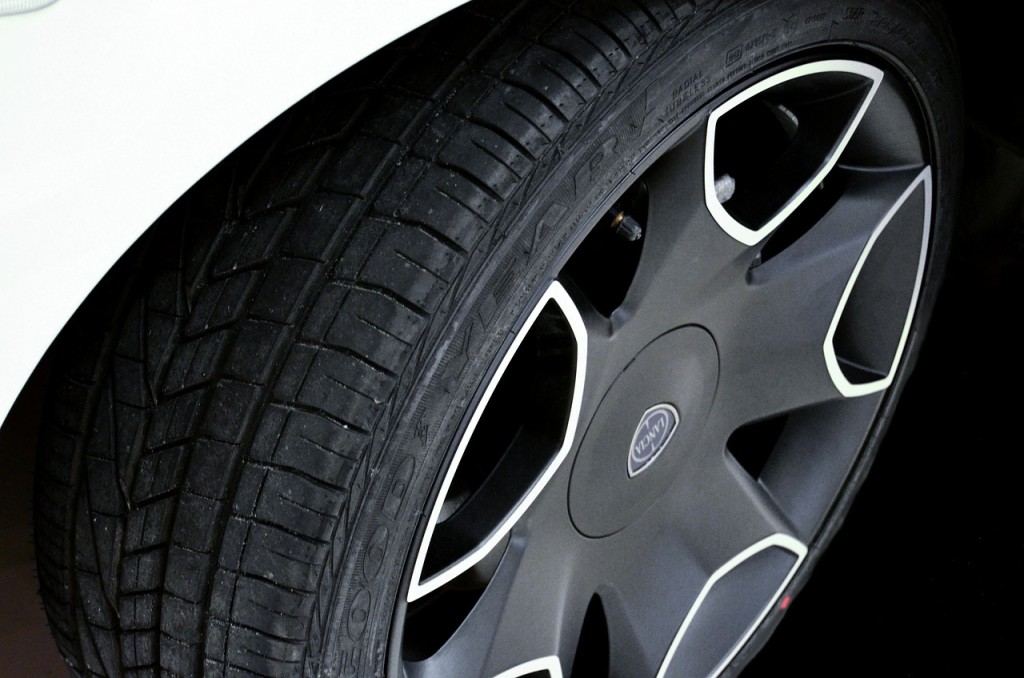Blog Posts
How to rotate your car tyres correctly

Tyre rotation is something that most of us do not do but it could actually save you money. The advice is that is it a good idea to rotate your cars tyres periodically to counter uneven wear, possibly caused by misaligned suspension, and thus increase the life of the tyres. Rotating your tyres every six months or 6,000 miles, whichever comes first is often the advice given to drivers wishing to use this method. When rotating tyres, it’s important to know how your wheels are driven as this affects how you should move the tyres. For example, Front wheel drive vehicles are the most common type found on the roads in the UK, and for these types of cars you should move the front tyres to the rear, keeping them...
Spending money on an old car

If you own an older car or car with high mileage there may come a time when repair work costs more than the value of the car. It may be that the car has gone in for an MOT and requires £400 or more worth of repairs to get it to pass when the car is only worth this; you then have the dilemma of knowing if you should scrap it or repair it. Often this comes down to whether or not you have the funds to buy another car immediately as many people cannot do without a car. If you are spending less than £2000 on a car then the chances are it will need work doing on it in the very near future. Sometimes it is worth spending money on a...
Driving your car without an MOT

It is illegal to drive a car in the UK without a valid MOT certificate unless you are driving to an MOT test station. Details held regarding insurance, tax and Mot are all held on an insurance database. The DVLA do checks every month to see if a car has a valid MOT certificate and any that don’t are instantly sent to the ANPR of the police vehicles. If the ANPR camera detects one of these cars then it will be stopped to see why it is travelling with no MOT. All vehicles that are over three years old need to pass an MOT every year. If the vehicle fails, then you will need to get the work required completed and submit the vehicle back in for the retesting. If...
Laws involving tyres

The law is quite strict when it comes in to tyres on your car and legal limit. This is because tyres can be one of the main causes of accidents in the UK. Tyres can cause accidents if damaged, under or over inflated, tread level is too low or incorrectly fitted / wrong sort. When it comes to tyre depths, the law states that you must have 1.6 mm of tread across 75% of the tyre. If this is not the case you can end up with three points on your license for each illegal tyre. Damaged tyres can be hard to spot which is why it is essential to inspect your tyres on a regular basis. Punctures, damage due to extreme weather and uneven tread wear are all signs...
Putting the wrong fuel in your car

On a daily basis, hundreds of people put the wrong fuel in their car. Many cars have a cap fitted inside the fuel tank opening that will not allow certain nozzles to be inserted (making it virtually impossible to fill up with the wrong fuel type) but others do not have this therefore making it very easy to accidentally put petrol in a diesel or diesel in a petrol car. Doing this can cause great damage to the car and often it will need to be towed to a garage to repair it. If you realise that you have put the wrong fuel in your car as soon as you have done it, then do NOT start the engine. Often if the engine has not been started the fuel can...